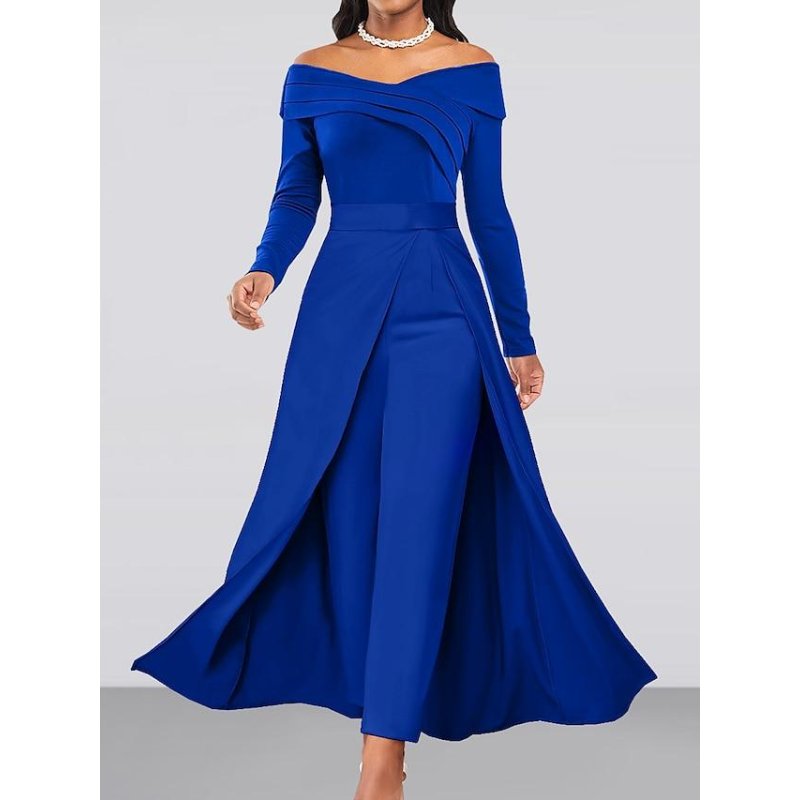Tags: Fashion, Style, Apparel
As human beings, we are constantly expressing ourselves through our appearance. Whether it’s a simple t-shirt and jeans or a formal suit and tie, what we choose to wear reflects our personality, taste and beliefs. In today’s society, clothing has become an integral part of our daily lives, with the fashion industry playing a significant role in shaping not only our individual identities but also societal norms.
The evolution of clothing dates back thousands of years ago when early humans used animal hides as protection from harsh weather conditions. However, over time, as civilizations advanced and cultures emerged around the world, clothing evolved into more than just a basic necessity. It became an art form that served as a means for self-expression.
Today, fashion is an ever-changing phenomenon driven by creativity and innovation. From high-end designer brands to fast-fashion retailers like Zara and H&M, there is no denying that the apparel industry holds immense power in influencing trends and consumer behavior.
One of the most significant impacts that clothing has on society is its ability to create first impressions. Within seconds of meeting someone new or walking into a room full of people, we subconsciously make judgments based on their attire. This plays a crucial role in how others perceive us and can even affect opportunities such as getting hired for a job or making new connections.
Moreover, certain types of clothing have symbolized social status throughout history. For instance,
in ancient times,
only members of royalty were allowed to wear luxurious fabrics such as silk and velvet while commoners were restricted to simpler materials like cotton or wool. Today too,
our choice
of clothes can communicate our economic status without saying a word.
Fashion also serves as a tool for cultural expression.
Each culture has its unique style influenced by factors such as climate,
traditions, and beliefs. For example, the traditional clothes of Japan known as kimono, with its vibrant colors and intricate designs, represent their rich heritage. In contrast, the all-black attire worn by many in Western cultures symbolizes mourning or formality.
Furthermore,
the fashion industry plays a significant role in the global economy. It provides employment opportunities for millions of people worldwide and generates billions of dollars in revenue each year.
However,
with fast-fashion becoming increasingly popular,
it has also raised concerns about unethical labor practices and environmental impact.
Thus,
as consumers become more conscious of these issues,
there is a growing demand for sustainable and ethical fashion.
In conclusion,
clothing holds great importance beyond just covering our bodies.
It serves as a means of communication, self-expression,
and cultural representation while also impacting our society’s economic landscape.
As we continue to evolve alongside fashion trends,
let us remember that what we choose to wear goes beyond aesthetics
and can have a powerful influence on ourselves
and those around us. Let’s use this power responsibly to shape a more inclusive and sustainable future
